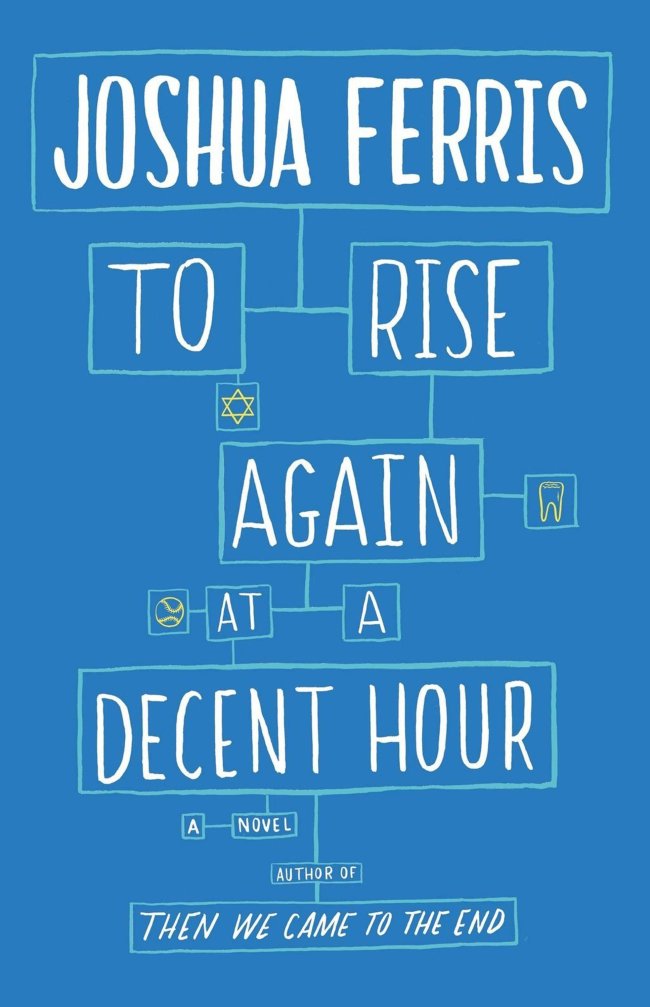
To Rise Again at a Decent Hour
By Daniel Akst
(Newsday)
Until now, the only novel I could think of with a dentist as a protagonist was Frank Norris’ melodramatic “McTeague” from the turn of the 20th century.
So it may not be saying much to award the laurels for Best Novel with a Dentist in a Starring Role to the alternately sad and hilarious new book by Joshua Ferris. “To Rise Again at a Decent Hour” showcases the wit, intelligence and keen eye for workplace absurdity the author displayed to such great effect in his first novel, “Then We Came to the End.”
“To Rise Again” is the story of Paul O’Rourke, a seriously alienated Upper East Side dentist who seems to have inherited some of his father’s bipolar tendencies along with the old man’s Boston Red Sox obsession. O’Rourke narrates his own story in tones that will be familiar to fans of Don DeLillo, Walker Percy and, most of all, Joseph Heller. It’s the furious, urgent, mordantly comic voice of heterosexual male self-loathing.
O’Rourke is a guy who can’t even keep a puppy, never mind have a kid, for fear something will happen to it. An atheist and a Luddite who calls smartphones “me machines,” he hates social media because the only thing worse than being left out of all the world’s fun is having to put up with everyone’s tweeting and liking and bookmarking it. As he explains to his hygienist: “The world was a sufficient trial, Betsy, before Facebook.”
He’s got that right, because soon someone has created a website in his name, opened Twitter and email accounts as him, and yes, launched a Paul O’Rourke DDS Facebook page. As if that weren’t maddening enough, his online alter ego is posting a lot of mysterious biblical-sounding stuff.
Soon an entire theology emerges. The online O’Rourke is supposedly an Ulm, a member of a small band descended from a minor biblical figure named Amalek. Their religion is predicated on doubt, and their holidays include the Feast of the Paradox, but otherwise ― otherwise? ― they sound an awful lot like the Jews. Or, as Paul’s doppelganger explains by email, “We are the Jew’s Jew.”
It’s never altogether clear why the Ulms chose him as the online vessel of their ministry, but it doesn’t matter. The whole business is just a welcome outlet for Ferris’ enormous virtuosity as a philosopher and storyteller. Ferris raises profound questions about the role of faith, not just in belonging, but in living. Ultimately, his hero will discover that doubt and belief aren’t so much opposites as inseparable sides of a single coin ― one that can’t buy much, except for anything really worth having. (MCT)

